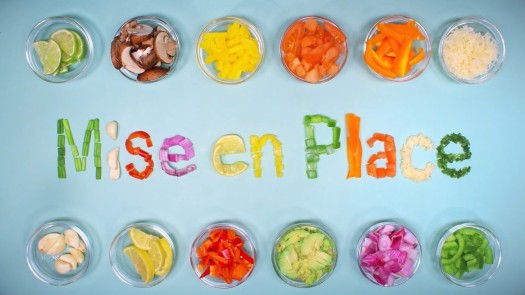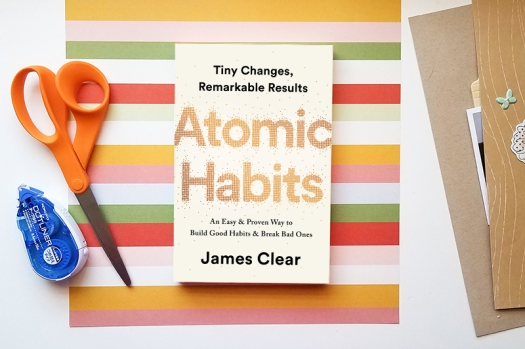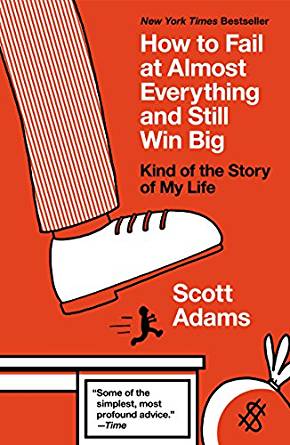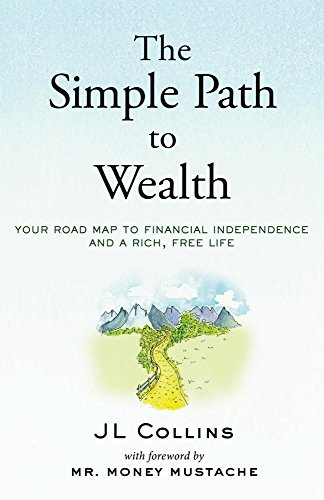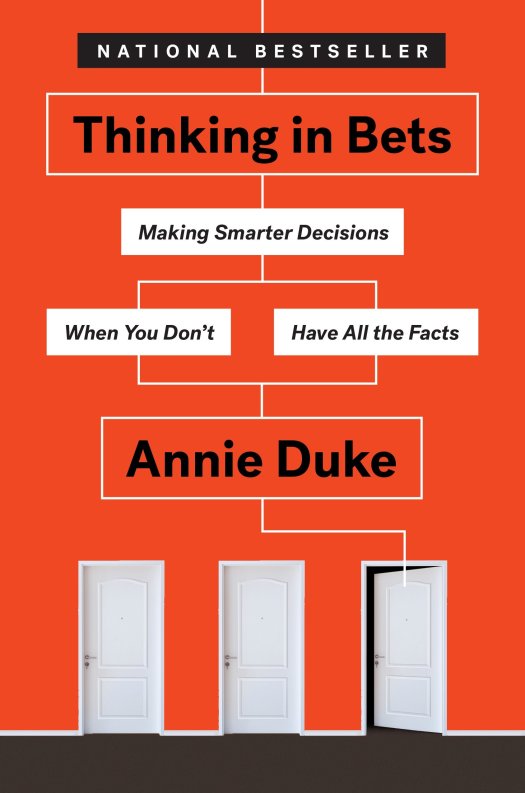
‘Thinking in Bets’ by Annie Duke is probably the best book on decision making that I have read. The Basic idea of the book is that thinking in bets will substantially improve the decision-making skills in our day-to-day life. Annie Duke is a professional poker player and according to her life imitates poker, not chess. Poker is a decision making game under uncertainty over time. It has valuable information hidden, there is element of luck in any outcome. The decision we make in our lives- raising kids, health, business- have uncertainty, hidden information & luck.
What a bet really is?
A bet is a decision about an uncertain future. Thinking in bets starts with recognizing that there are exactly two things that determine how our lives turn out:
- the quality of our decisions
- luck.
Learning to recognize the difference between the two is what thinking in bets is all about.
What’s your best and worst decision?
Take a moment to imagine your best decision in the last year. Now take a moment to imagine your worst decision. Chances are you will equate the outcome of the decision to the quality of the decision. This is because we’re susceptible to “resulting” and hindsight bias.
We must disassociate outcome with decision. A great decision is the result of a good process and that process must represent an accurate picture of our state of knowledge.
Resulting: tendency to equate the quality of a decision with the quality of its outcome
Hindsight bias: tendency, after an outcome is known, to see the outcome as having been inevitable.
When we work backward from results to figure out why those things happened, we are susceptible to a variety of cognitive traps, like assuming causation when there is only a correlation, or cherry- picking data to confirm the narrative we prefer. We will pound a lot of square pegs into round holes to maintain the illusion of a tight relationship between our outcomes and our decisions.
Two Brains:
We’re susceptible to these mental traps because our brains are not built for rationality. Our brains work basically in two modes. Daniel Kahneman popularized the labels of “System 1” and “System 2”.
System 1: encompasses reflex, instinct, intuition, impulse and automatic processing.
System 2: is how we choose, concentrate and expend mental energy.
Both systems are necessary for survival. Mistakes happen when System 1 overtakes System 2 in decision-making.
Since most of what we do daily exists in automatic processing. We are used to thinking in System 1 mode. The challenge is to figure out how to make decisions within the limitations we already have.
Embrace uncertainty and Redefine wrong:
Embracing “I’m not sure” is difficult. We are trained in school that saying “I don’t know” is a bad thing. Not knowing in school is considered a failure of learning.
Of course, we want to encourage acquiring knowledge, but the first step is understanding what we don’t know. “I don’t know” is not a failure but a necessary step toward enlightenment.
There are many reasons why wrapping our arms around uncertainty and giving it a big hug will help us become better decision- makers. Here are two of them. First, “I’m not sure” is simply a more accurate representation of the world. Second, and related, when we accept that we can’t be sure, we are less likely to fall into the trap of black- and- white thinking.
Decisions are bets on the future, and they aren’t “right” or “wrong” based on whether they turn out well on any particular iteration. An unwanted result doesn’t make our decision wrong if we thought about the alternatives and probabilities in advance and allocated our resources.
Redefining wrong allows us to let go of all the anguish that comes from getting a bad result. First, the world is a pretty random place. The influence of luck makes it impossible to predict exactly how things will turn out, and all the hidden information makes it even worse. Second, being wrong hurts us more than being right feels good.
All decisions are bets:
All our decisions are always bets. We routinely decide among alternatives, put resources at risk, assess the likelihood of different outcomes, and consider what it is that we value.
The betting elements of decisions— choice, probability, risk, etc.— are more obvious in some situations than others. Investments are clearly bets. A decision about a stock (buy, don’t buy, sell, hold, not to mention esoteric investment options) involves a choice about the best use of financial resources. Incomplete information and factors outside of our control make all our investment choices uncertain
Most bets are bets against ourselves:
In most of our decisions, we are not betting against another person. Rather, we are betting against all the future versions of ourselves that we are not choosing.
Whenever we make a choice, we are betting on a potential future.
Our bets are only as good as our beliefs:
Our bets are only as good as our beliefs. our default setting is to believe what we hear is true.
We might think of ourselves as open- minded and capable of updating our beliefs based on new information, but the research conclusively shows otherwise. Instead of altering our beliefs to fit new information, we do the opposite, altering our interpretation of that information to fit our beliefs. Our pre- existing beliefs influence the way we experience the world. This irrational, circular information- processing pattern is called motivated reasoning. The way we process new information is driven by the beliefs we hold, strengthening them. Those strengthened beliefs then drive how we process further information, and so on.
Being smart makes it worse:
Being smart makes it worse the smarter you are, the better you are at constructing a narrative that supports your beliefs, rationalizing and framing the data to fit your argument or point of view. we all have a blind spot about recognizing our biases. The surprise is that blind- spot bias is greater the smarter you are.
Wanna bet?
Offering a wager is the best way to fight these mental traps and brings the risk out in the open, making explicit what is already implicit. We can train ourselves to view the world through the lens of “Wanna bet?”
Once we start doing that, we are more likely to recognize that there is always a degree of uncertainty, that we are generally less sure than we thought we were, that practically nothing is black and white, 0% or 100%. We don’t need someone challenging us to an actual bet to do this. We can think like a bettor, purposefully and on our own, like it’s a game even if we’re just doing it ourselves.
Instead of thinking of confidence as all- or- nothing (“ I’m confident” or “I’m not confident”), our expression of our confidence would then capture all the shades of grey in between. Incorporating uncertainty into the way we think about our beliefs comes with many benefits.
Use CUDOS:
CUDOS stands for
- Communism (data belong to the group)
- Universalism (apply uniform standards to claims and evidence, regardless of where they came from)
- Disinterestedness (vigilance against potential conflicts that can influence the group’s evaluation)
- Organized Skepticism (discussion among the group to encourage engagement and dissent)
Techniques to become a better bets:
Techniques like Suzy Welch’s 10-10-10, temporal discounting problem, pre-commitment, pre-mortem can help us make better bets on our futures.
Our irrational, impulsive & instant gratification tendency are because we favor our present-self at the expense of our future-self. This is called “temporal discounting”. Thinking about the future and recognizing when we commit temporal discounting and helps us maintain the right frame of mind.
Suzy Welch’s 10-10-10 has the effect of bringing the future-us into more of our in the moment decisions. Before taking a bet/decisions visualize how it will affect us in the next 10 minutes, 10 months and 10 years.
Tilt is a poker term when a player is not in a mental or emotional state to choose optimal strategy.
Whenever you feel you are experiencing “tilt”, pre-commit to walk away from the situation.
Backcasting is a useful time-travel exercise where we imagine a successful future and identify necessary steps for reaching our goals. Working backward helps even more when we give ourselves the freedom to imagine an unfavorable future. It also makes it possible to identify when there are low-probability events that must occur to reach the goal
Premortems: working backward from a negative future. It’s an investigation into something awful, but before it happens. Asking “Okay, we failed. Why did we fail?” frees everyone to identify potential points of failure without the for fear of being viewed as a naysayer. Despite the popular wisdom that we achieve success through positive visualization, it turns out that incorporating negative visualization makes us more likely to achieve our goals.
We are going to do better, and be happier, if we start by recognizing that we’ll never be sure of the future.
Final thoughts:
Although the book becomes repetitive places, this is easily one of the best books have read on decision making and cognitive psycology. If you are planning to read only one book for the year, I recommend you pick this up.
In case if you are looking for super-short and concise book summary of the same, you can check out my twitter thread.
